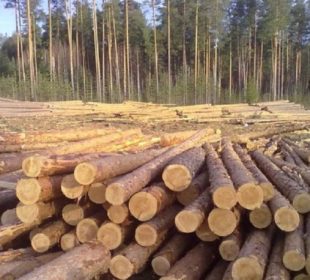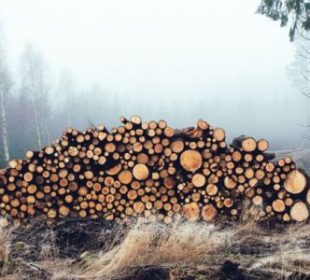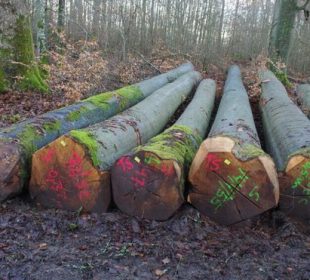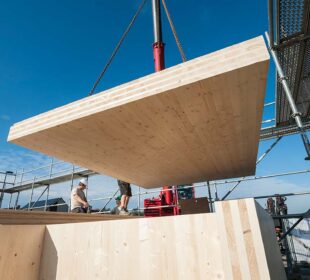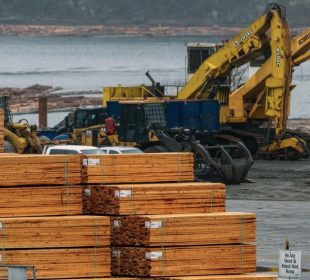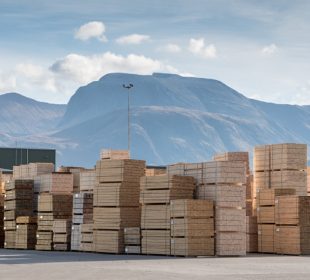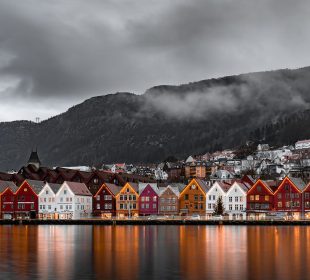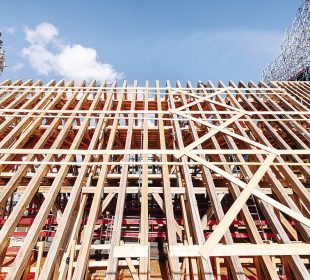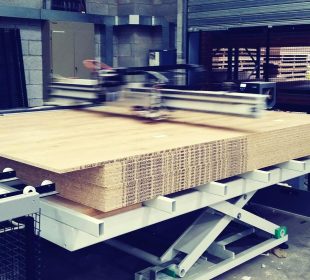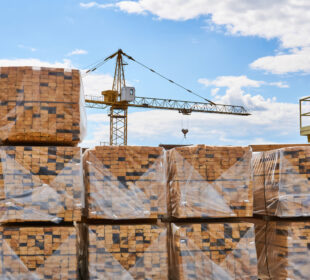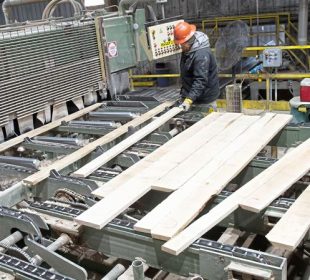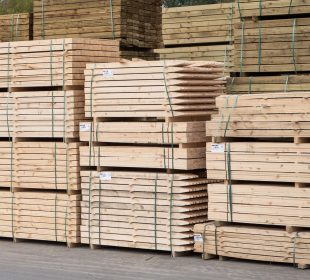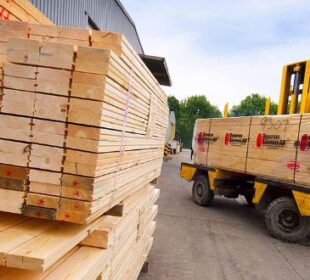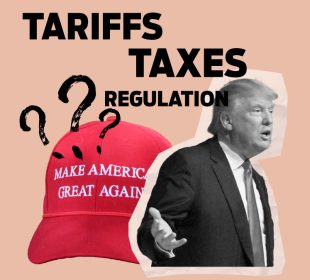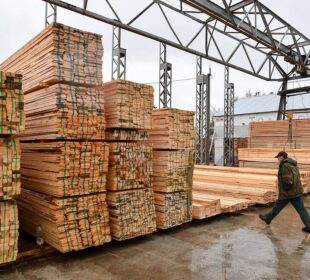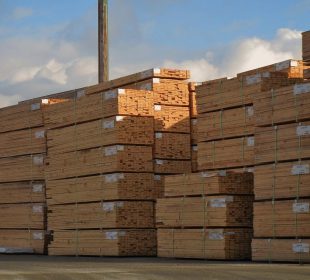Quebec's Minister of Forests, Wildlife and Parks, Laurent Lessard, had a conversation last week with the Canadian Minister of International Trade, Chrystia Freeland. Minister Lessard mentioned that the Québec government intends to ensure that the particularities of its forest regime are recognized during the process to renew the softwood lumber agreement.
"Our forest regime is the strictest in the world. In addition, some elements of the regime, such as the open market and the timber marketing board, match US demands for a price for lumber from Québec's public forests that better reflects market conditions. These particularities must be fairly recognized, and I was pleased to note Minister Freeland's attentive response," states Minister Lessard.
This Thursaday, the Prime Minister Justin Trudeau and outgoing President Barack Obama meet to sign on to the continental environment and climate-change strategy. As the International Trade Minister, Chrystia Freeland, stated, the talks will also include the renewal of the Softwood Lumber Agreement between Canada and the US.
Still, there are sources saying that it couldn’t be completed during the US election year, because it could damage the Democrats’ image in the Congress. US producers don’t seem so interested in the renewal of the agreement that expired back in October 2015, even if the strong US housing starts and there is increased demand for Canadian softwood lumber.
"Québec is a world leader in the field of forestry, and the federal government has a duty to promote our regime and its particularities. We will continue to highlight these particularities in upcoming discussions and negotiations concerning exports of forest products from Québec. Forestry is part of Québec's DNA and provides over 60,000 high-quality jobs in all regions of Québec. This is why we will spare no effort to protect the forest and maximize forest-related economic benefits," concludes Minister Lessard.
Québec's forest regime was passed by a unanimous vote of the National Assembly in 2010 and came into force in 2013. Its main feature is to ensure that sales of timber from the public forests are made at the best possible price. For this reason, it provides a fairer reflection of the true value of the timber than the systems applied in many other jurisdictions such as Maine, Minnesota, Georgia and Washington.
[gravityform id="1" title="true" description="true"]
[gravityform id="2" title="true" description="true"]


